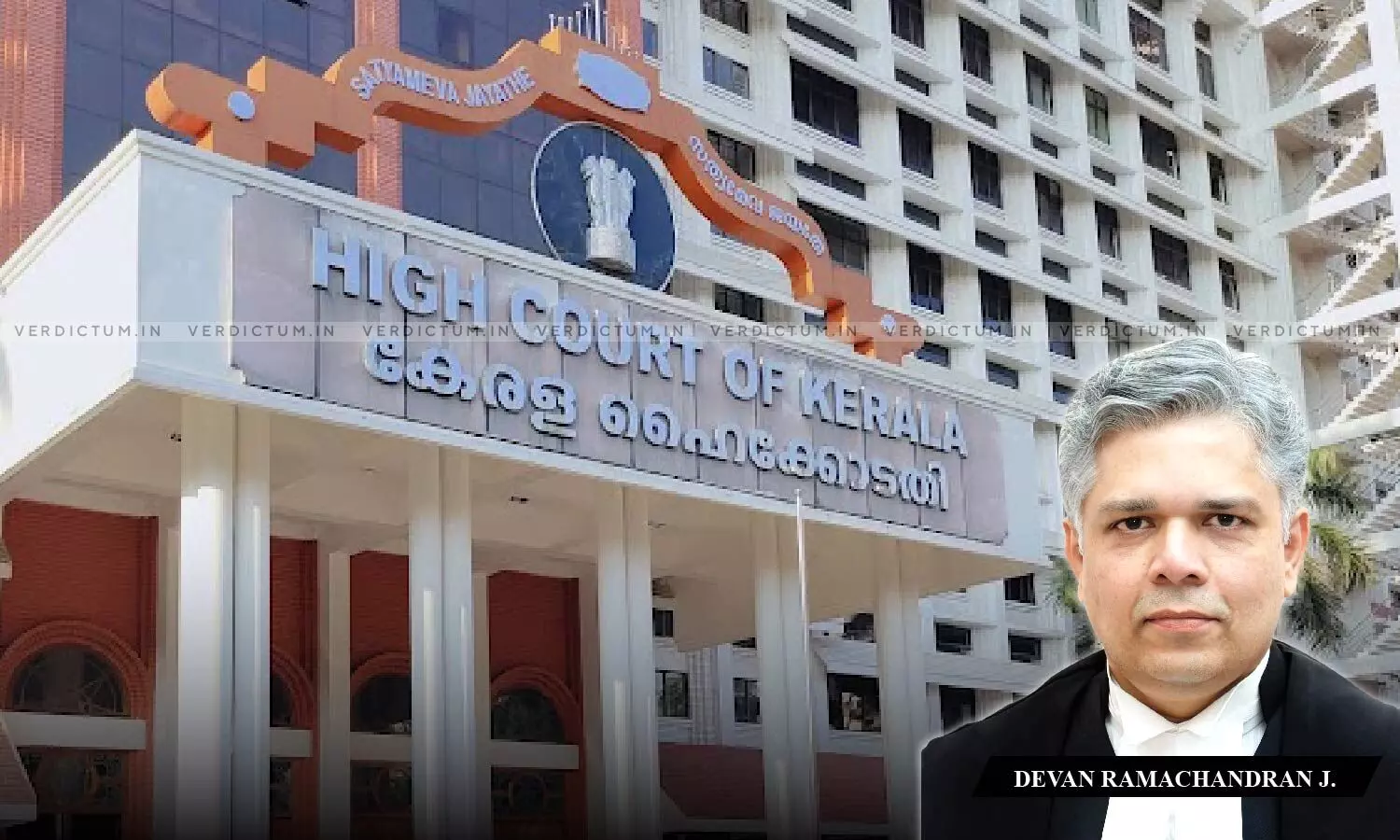
Dependency Is A De Facto Situation, Rather Than Being A De Jure Doctrine: Kerala HC Dismisses Plea Of Married Daughter Seeking Employment Assistance
 |
|The Kerala High Court dismissed a Petition filed by a married daughter seeking employment assistance on grounds of dependence upon her father.
The Court held that dependency is a de facto situation and is not a de jure doctrine. The Court noted that, after her marriage, the Petitioner was not financially dependent on her father, given her husband's substantial income.
Consequently, the Court rejected the assertion that her reliance on her father was somehow 'restored' due to her husband allegedly losing his job abroad.
The Bench of Justice Devan Ramachandran observed, “dependency is a de facto situation, rather than being a de jure doctrine. When the learned counsel admits unequivocally that, after marriage, his client had no dependency on her father, since her husband was earning well, it is rather untenable to imagine that her dependency on her father stood ‘restored’ on her husband allegedly losing his job abroad”.
Advocate KS Arun Kumar appeared for the Petitioner and Government Pleader Vidya Kuriakose appeared for the Respondent.
The petitioner had submitted a challenge before the High Court contesting the rejection of her Dependency Certificate application for her deceased father through the proceedings issued by the Tahsildar and Revenue Divisional Officer (RDO). The rejection was grounded on the assertion that she had not been dependent on her father since her marriage.
The Petitioner argued that despite being a married woman, she still fell within the scope of the Government Order dated May 24, 1999. According to Clause 14A of the order, employment assistance should be provided to a daughter without specifying her marital status. The Petitioner claimed her dependence on her father due to her husband's job loss, which she believed made her eligible for relief. The alternative plea sought direction for prompt consideration of her representation, excluding previous ones.
The Court observed that the Petitioner's claim of dependency on her deceased father was questioned, as her mother was acknowledged to be facing financial difficulties due to his untimely death.
However, the Court noted that this alone did not qualify the petitioner for benefits under the Government Order aimed at providing public employment assistance. Granting such benefits to those not fully eligible would compromise the order's purpose, as argued by the Government Pleader.
The Court, without delving into the legal aspects of whether the order applies to married daughters, closed the writ petition without further orders.
Accordingly, the Court dismissed the Petition.
Cause Title: Arifa TK v The District Collector (2024/KER/6070)